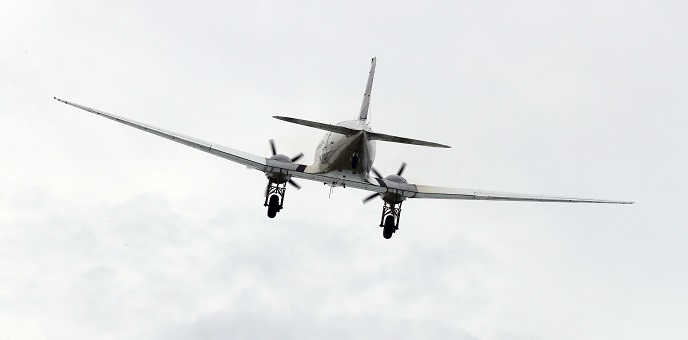Introduction Type Certificates
A type certificate is issued to signify the airworthiness of an aircraft manufacturing design or “type”. (A type certificate is issued by the National Aviation Authority (NAA) of the State of the Operator stating the airworthiness standard for the aircraft type, model, aircraft engine or propeller.)
Prototypes are typically developed and used for ground and system tests including structural integrity. Flight tests may also be required to establish compliance with all airworthiness codes.
Since 2003, EASA is responsible for the certification of aircraft in the EU and for some European non-EU Countries. This certificate testifies that the type of aircraft meets the safety requirements set by the European Union.
The certificate is issued by a regulating body, changes can be made through the STC process (Supplemental Type Certificate )
The regulating body compares design documents and processes to determine if the design meets requirements established for the type of equipment.
The type certificate (TC) implies that aircraft manufactured according to the approved design can be issued an airworthiness certificate.
An airworthiness certificate can be issued for each aircraft that is properly registered if it conforms to its type design. The airworthiness certificate is valid and the aircraft may be operated as long as it is maintained in accordance with the rules issued by the regulatory authority.
Supplemental Type Certificates
A supplemental type certificate is issued following a major modification.
An STC defines the product design change, states how the modification affects the existing type design, and lists serial numbers affected.
It also identifies the certification basis listing specific regulatory compliance for the design change.
The information contained in the certification basis is required for certification and may be required to support subsequent product modifications.
It is necessary for the Design Approval Holder (DAH) to develop maintenance requirements often based on MSG 3 philosophy to enable continuous airworthiness of the product.
After completion of all testing and development of the associated Instructions for Continued Airworthiness (ICAW), the prototype is approved, and a type certificate (or supplemental type certificate) is granted.
The Prototype approval will now serve as a template will now serve as a template for future production. Additional productions will be considered as “series productions”
Owners and operators of the “aircraft” must comply with all maintenance requirements to ensure the airworthiness certificate of their aircraft remains valid.
Airworthiness Directives
Should issues occur after production, analysis is performed leading to the development of a technical solution, if the issue is believed to compromise safety then an Airworthiness Directive may be issued by the responsible regulatory authority.
The certifying authority issues an AD when an unsafe condition is found to exist in a product (aircraft, aircraft engine, propeller, or appliance) of a particular type design. ADs are used by the certifying authority to notify aircraft owners and operators of unsafe conditions and to require their correction. ADs prescribe the conditions and limitations, including inspection, repair, or alteration under which the product may continue to be operated.
Compliance with AD’s is mandatory and non compliance will render the aircraft none airworthy as well as potentially invalidating any insurance policy which is in force
Service bulletins (SBs)
Based on service experience, SB’s are developed by the Original Equipment Manufacturer to develop either technical improvements or fixes for “defects” or other shortfalls.
SB’s may also be developed to lower maintenance costs or provide for increased performance.
Service Bulletins are not mandatory however the operator must have a system to analyse all Instructions for continuing airworthiness (ICAW)
What`s more :
Next Steps
Follow this link to our Library to find & Download related documents for Free.
Sofema Aviation Services & Sofema Online provide classroom, webinar & online training. For additional information please email team@sassofia.com




